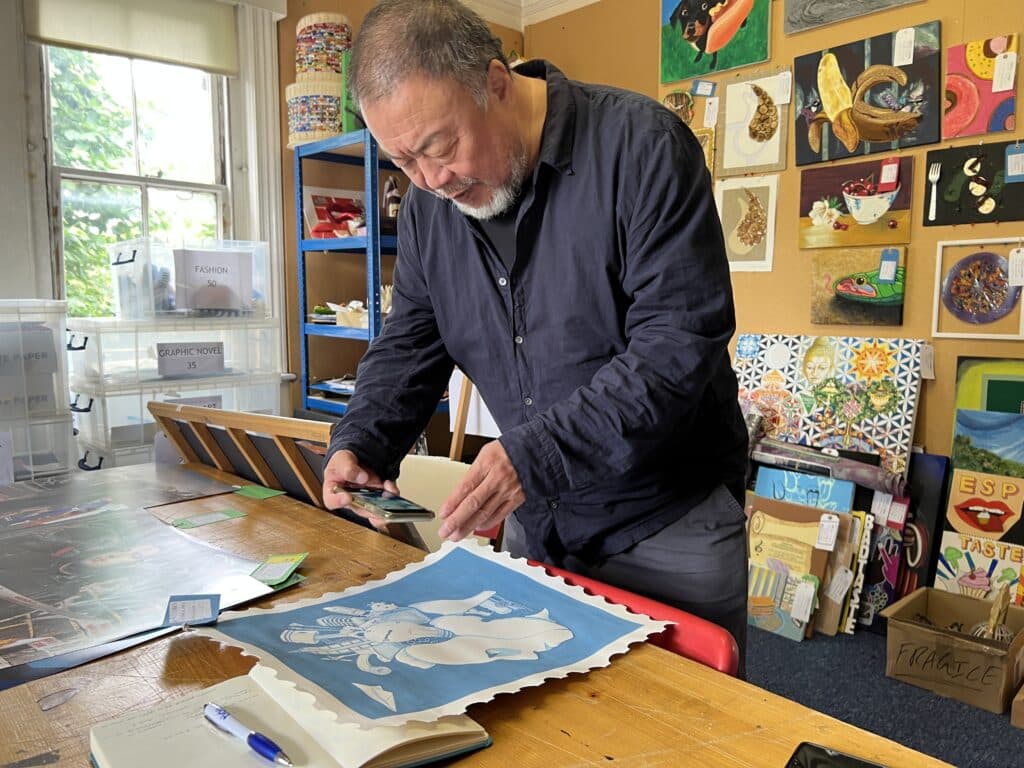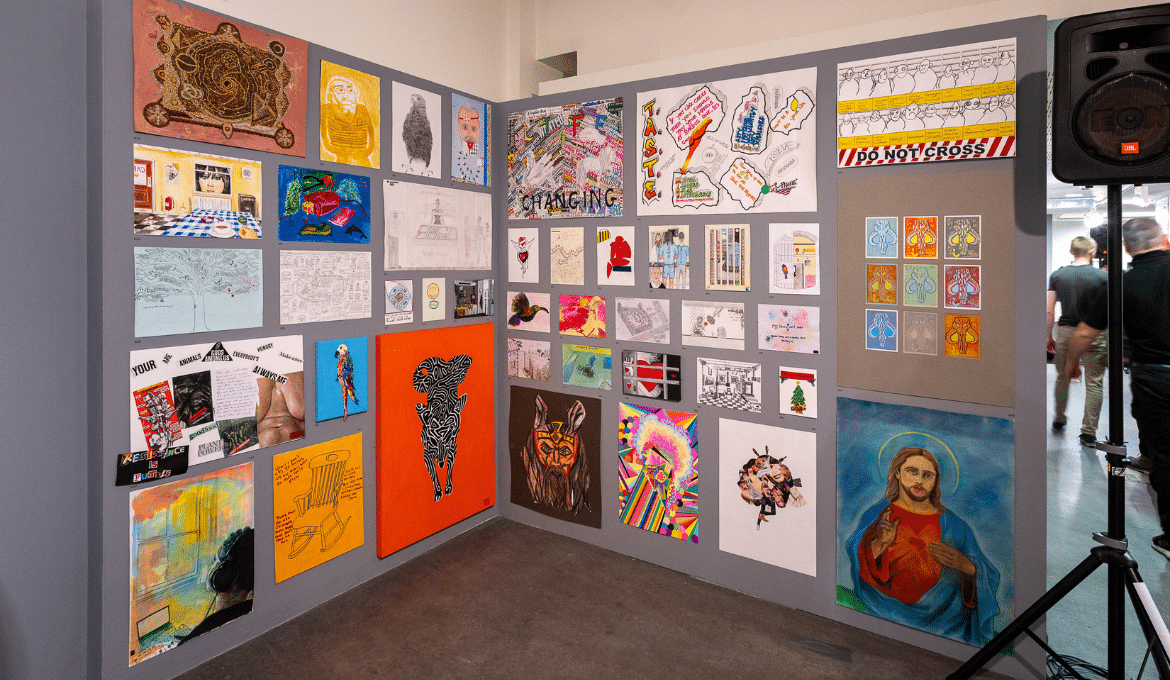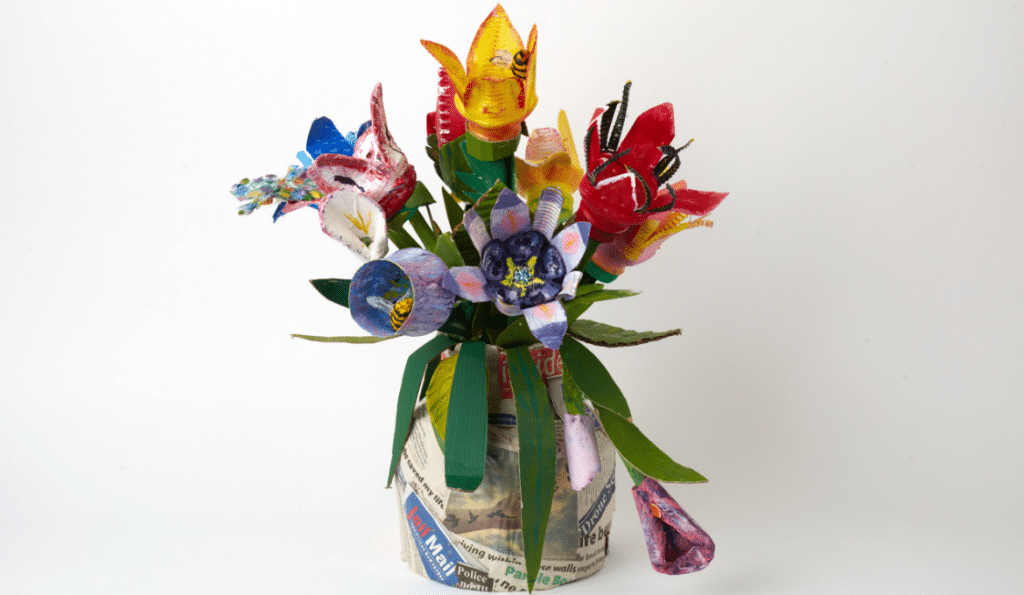The Overall Aim of the Project
To deliver arts input, shaped to the needs of individual ex-prisoners, that empowers them to continue with their arts based activities.
-
- To establish and maintain a positive and supportive mentoring relationship with someone who has been involved in the criminal justice system (‘mentee’).
- To provide one-to-one support to the mentee, through an agreed number of mentoring (between 7-10) sessions over a maximum period of 12 months.
- To plan each mentoring session carefully and imaginatively.
- To listen carefully to the mentee’s wishes and needs, to enable you to support them in making realistic goals for the mentoring.
- To advise, support and motivate the mentee in developing the skills and attitudes that will assist them in achieving and sustaining their arts activity.
- To assist the mentee in accessing new arts activities and existing community
resources. - To accompany the mentee to events or venues relevant to their arts field i.e.
galleries, theatres etc. - To encourage and support the mentee in pursuing their education, training and/or employment when appropriate.
- To give feedback to the mentee on his or her artistic achievements
- To work in co-operation with other support services such as Probation, health, housing, NACRO and other voluntary sector resettlement agencies.
- To prepare for a positive end to the mentoring relationship by helping the mentee make realistic future plans.
- To help in the promotion and dissemination of the project.

To be an Arts Mentor an individual must have:
- Experience of arts practice as either a professional or a committed amateur.
- A thorough knowledge of current practice, resources and available opportunities in at least one field of the arts.
- An ability to identify and access arts amenities in the mentee’s local community.
- An ability to give constructive feedback to mentees about their artwork.
- An ability to plan imaginative and engaging activities which will encourage the mentee’s involvement in the arts.
- Excellent interpersonal skills that balance warmth and clarity, as well as good listening and communication skills.
- An ability to keep accurate records and to strictly follow guidelines and procedures.
- Excellent time-keeping and ability to make travel arrangements.
- A strong commitment to the aims of the mentoring project and to the principles of equality and inclusion as laid out in the Koestler’s equal opportunities policy.

To be an Arts Mentor, an individual is required:
- To undertake 2 days of specific training relevant to become a Koestler Arts Mentor.
- To participate in regular individual and peer support sessions, and any additional mentoring training events.
- To keep the mentoring staff informed of any relevant issues affecting the mentee’s well-being.
- To keep records of meetings with the mentee, as required by the scheme.
- To work in an anti-discriminatory manner, and to promote Equal Opportunities.
- To be aware of, and to work within, the project’s ‘Good Practice’ guidelines.
- To adhere to the project’s policies regarding confidentiality, personal safety and boundaries.
- To participate in the evaluation of the project e.g. by being interviewed and by completing questionnaires and to encourage your mentee/s to do the same.

In turn Koestler will provide:
- Initial mentoring training and further information or training opportunities as
available. - Ongoing support and supervision, both in an individual and group setting.
- Agreed travelling costs and out of pocket expenses.

Koestler Arts Mentoring FAQs
Become A Koestler Mentor

